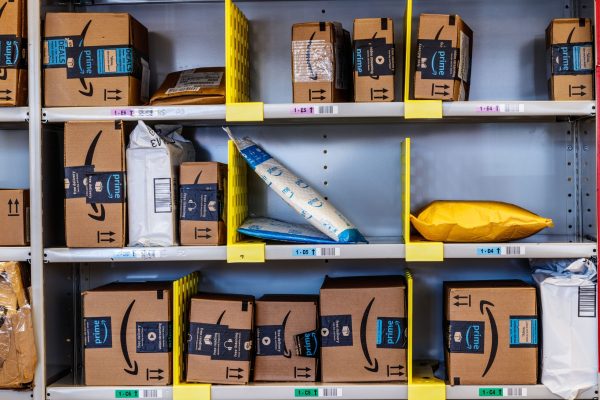In today’s fast-paced e-commerce landscape, the ability to seamlessly integrate and collaborate with your third-party logistics (3PL) partner can be the difference between success and struggles. This blog will shed light on the significance of this integration and how it plays a pivotal role in the growth and efficiency of e-commerce businesses. We’ll explore the benefits, challenges, and strategies for ensuring a harmonious partnership between e-commerce businesses and their 3PL providers.
The Importance of Integration for E-commerce Businesses and 3PL Partners
Integration is the cornerstone of a well-functioning relationship between e-commerce businesses and their 3PL partners. It’s about connecting their systems, processes, and data to work as a unified force. Here’s why it’s so crucial:
1. Streamlined Operations: Integrated systems streamline the order fulfilment process, from the moment a customer clicks “buy” to the delivery of their purchase. This efficiency results in quicker order processing, reduced errors, and improved customer satisfaction.
2. Real-time Visibility: Integration enables real-time tracking and visibility into inventory, orders, and shipments. This transparency is essential for both the e-commerce business and the 3PL provider to make data-driven decisions and quickly address any issues that may arise.
3. Inventory Management: Accurate inventory management is paramount for e-commerce businesses. Integration ensures that your inventory levels are continuously updated, helping to avoid overselling and stockouts.
4. Enhanced Customer Experience: Integration empowers e-commerce businesses to provide accurate order tracking and shipping information to customers, improving their overall shopping experience.
5. Efficient Communication: Integrated systems facilitate seamless communication between e-commerce businesses and 3PL partners, ensuring everyone is on the same page and reducing the risk of miscommunication.
Challenges in Integration
While the benefits of integration are substantial, challenges can arise. E-commerce businesses and 3PL providers must address the following issues to establish a successful partnership:
1. Compatibility: Ensuring that the systems used by both parties are compatible and can effectively communicate is essential. This may require adopting new technologies or working with providers that support integration.
2. Data Security: With the exchange of sensitive data, data security is a priority. Both parties must implement robust security measures to protect customer information and proprietary data.
3. Costs: Integration can come with a price tag, both in terms of software and time investment. E-commerce businesses must weigh the costs against the anticipated benefits.
Strategies for Effective Integration
To achieve a seamless integration between e-commerce businesses and their 3PL partners, consider these strategies:
1. Choose the Right Systems: Select systems and software that are designed for compatibility and ease of integration. Look for providers with experience in e-commerce logistics.
2. Collaborative Planning: Collaborate closely with your 3PL partner from the outset. Discuss integration strategies, timelines, and expectations to ensure a smooth transition.
3. Continuous Communication: Maintain open lines of communication with your 3PL partner to address any integration challenges promptly. Regular meetings and status updates are essential.
4. Test and Optimise: Thoroughly test the integrated systems to identify and resolve any issues. Continuously optimise the integration for improved efficiency.
Conclusion
Seamless integration is the foundation of a successful partnership between e-commerce businesses and their 3PL providers. It enhances operational efficiency, customer satisfaction, and overall growth. By addressing the challenges and implementing effective integration strategies, e-commerce businesses can maximise the benefits of their 3PL partnerships. In a competitive e-commerce landscape, integration is not just a convenience; it’s a necessity for staying ahead of the game.




